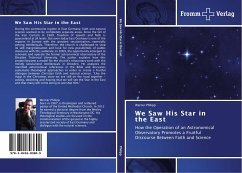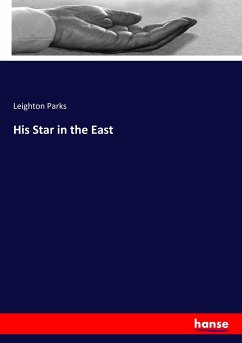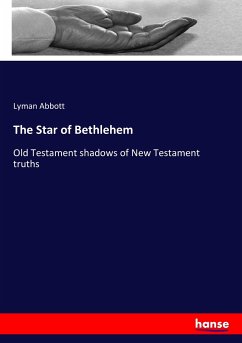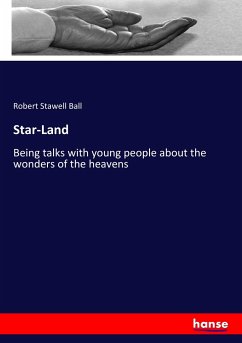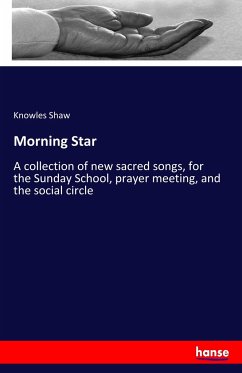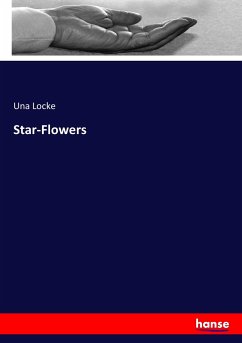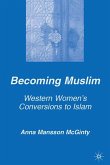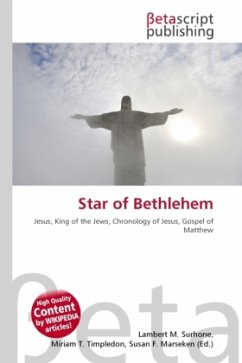During the communist regime in East Germany, faith and natural science seemed to be completely separate areas. Since the fall of the Iron Curtain in 1989, freedom of speech and faith is guaranteed at all levels. But even today East Germany is one of the regions in Europe with the greatest secularization, especially among intellectuals. Therefore, the church is challenged to stop its self-marginalisation and look for new possibilities of public discourse with this audience. In 2009, the opportunity emerged to renovate and operate the former astronomical observatory of the Dresden Technical University. The author explains how this project became a model for the church's missionary work with the mostly secularized intellectuals in Dresden. He analyzes the manifold astronomical references in the Bible and discusses systematic-theological approaches in order to create a fruitful dialogue between Christian faith and natural science. "Like the magi in the Christmas story we are still onthe road together - asking, doubting and hoping that we will see the Star in the East and that many will come along to worship Him."
Bitte wählen Sie Ihr Anliegen aus.
Rechnungen
Retourenschein anfordern
Bestellstatus
Storno

